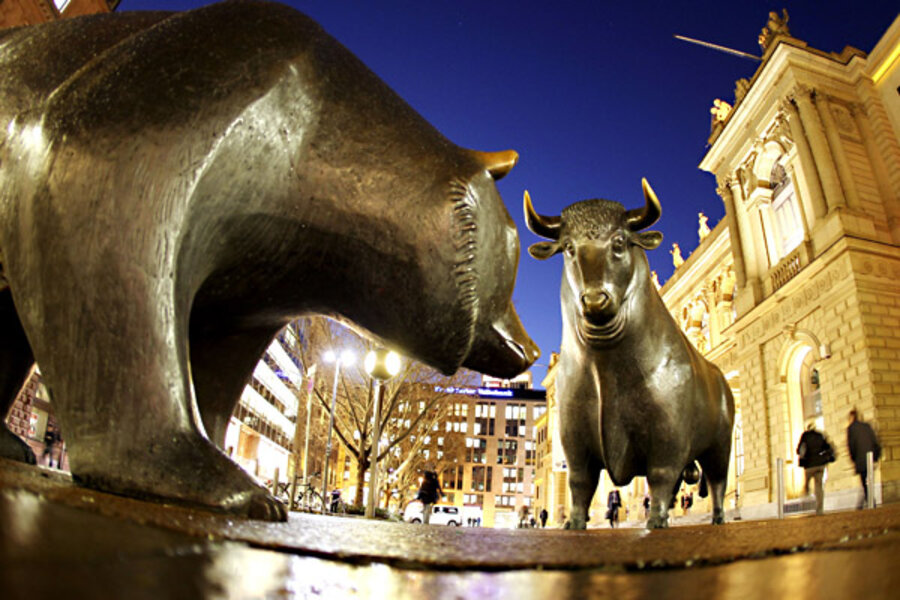The financial industry's growth is stunting everything else
Societies become more complex as they age. Each challenge…or opportunity…is met with a new rig of some sort. A tax. A regulation. An organizational fix.
As time goes by, these fixes act like friction…they slow the machine. They make it hard to move…inflexible and unresponsive. And over time, more people gain access to a fix — each lobbying group and special interest, each with his own bailout or subsidy…and each desperate to hold onto it.
Output is thus shifted to unproductive activities. The real producers are punished — with taxes and regulations — while unproductive activities are rewarded, with bailouts, handouts and sweetheart deals.
The financial industry was 2.5% of the economy when WWII ended. Now, it is 8.5%. How did it get so big? What does it do for all the money?
The answer to the first question is that it grew as the economy became ‘financialized.’ More and more laws were passed granting more and more special favors and protections to the financial industry. Just read the tax code. Go ahead, we dare you! You will find special allowances and deals for the insurance industry on almost every page. And there are rules and regulations for pension funds. And pensions themselves. ERISA. 401k. 501C3. SEC. FDIC. Dodd-Frank. CFPB. Everything is regulated…controlled…protected…
And all of this happened on the back of the biggest expansion of financial instruments in world history. The feds transformed the economy from one that made things…at a profit…to one that just made money. The money supply in the US increased by 1,300% in the 40 years after Richard Nixon ‘shut the gold window’ at the Treasury. That ‘wealth’ did not take the form of new factories in New England or new tractors in the Old South. It went mostly into money instruments…funneled through the financial industry to the rich people who owned financial assets.
Every potential new competitor had to comply with such a mountain of rules and regulations that he quickly gave up. Even if approved, he could not hope to provide a new product. Instead, he could only provide the same approved services and products that the big, entrenched players already had in stock.
John Kay, writing in The Financial Times, explains what would have happened had the computer industry been tied in the same knots.
“If you needed a licence to enter the US computer business, you can imagine the Computer Regulation Agency interviewing Bill Gates and Steve Jobs in the 1970s. What dutiful regulator would allow someone who had not even completed his Harvard degree to sell software to the public?”
Protected. Coddled. The financial industry went rogue. It was supposed to match investors with worthy investments, helping to bring genuine growth and prosperity to the US. Instead, it matched up most of the new money with itself.
The typical American was impoverished. Forty years after America’s money went rogue, he has not a dime’s more earning power per hour. And 4.5 times more debt, adjusted for inflation.
Regards,
Bill Bonner,
for The Daily Reckoning







